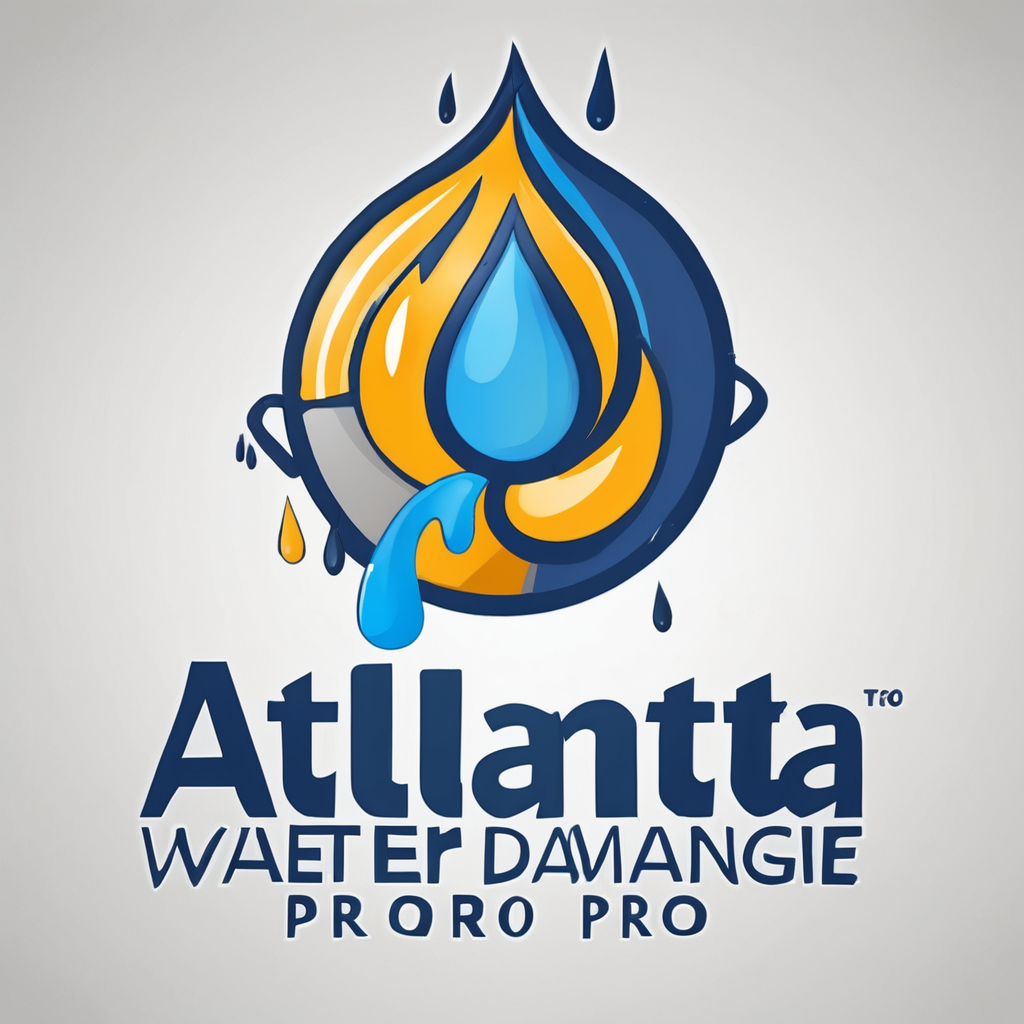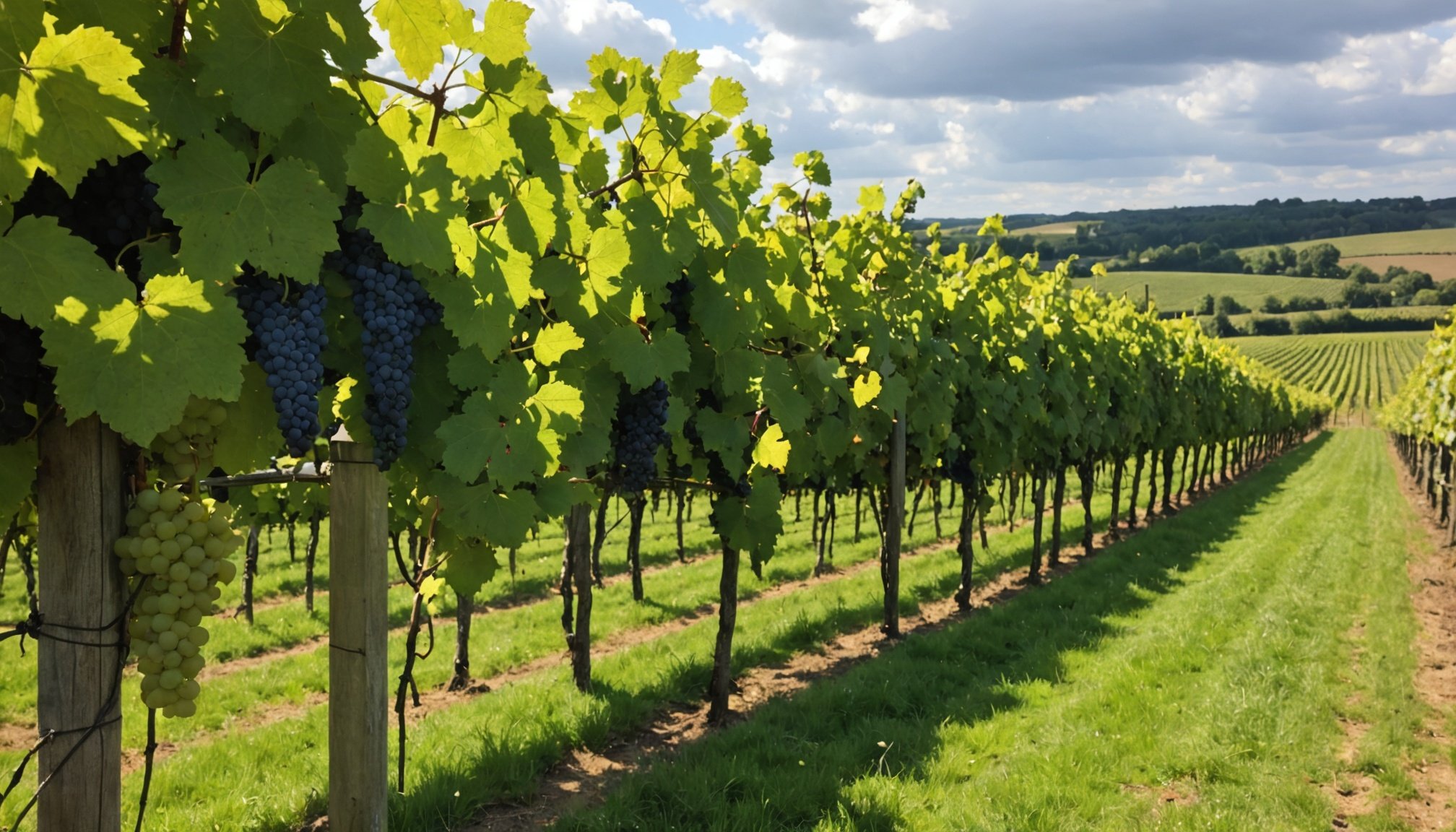Essential Factors for Location Selection
Selecting the right location for your vineyard is crucial in grape cultivation. The climate plays a pivotal role, as grapes require a balance of warmth, sunlight, and precipitation. A vine’s ability to ripen effectively can be significantly influenced by temperature and climate conditions. For instance, late-season frosts can be detrimental, while sufficient sunshine promotes sugar development in grapes.
Soil quality and drainage are equally essential to consider. The ideal soil should be well-drained, preventing waterlogging that can damage vines. A thorough soil analysis can help determine the presence of essential nutrients and the soil’s ability to retain moisture, ensuring it supports vine growth efficiently. Look for soils with good depth and moderate fertility, as overly fertile soils tend to produce excessive vine vigor and poorer fruit quality.
Also to discover : Mastering lavender cultivation and harvesting in the uk: essential tips for thriving success
Another important aspect is accessibility to markets and distribution channels. Proximity to markets can reduce transportation costs, making it easier to distribute products efficiently. Evaluating the vineyard’s location concerning logistical networks ensures your wine can reach potential customers promptly, contributing to the business’s success. Access to wine tourism locations or popular travel routes can also boost visibility and sales.
Choosing the Right Grape Varietals
Understanding the concept of terroir is essential in grape cultivation, as it significantly impacts the flavour and character of the grapes. Terroir encompasses various factors like soil type, climate, and topography, all of which influence grape quality. Selecting the right grape varietals for your vineyard should align closely with the terroir to achieve optimal results.
Also read : Effective organic pest management techniques for flourishing vegetable gardens across the uk
Popular grape varieties that thrive in the UK climate include Bacchus, Pinot Noir, and Chardonnay. These varieties have shown resilience to the cooler temperatures and shorter growing seasons characteristic of the region. The cool climate contributes to a unique aroma and flavour profile, distinguishing British wines in the global market.
Crucially, the intended wine style should also guide the selection of grape varietals. For example, to produce sparkling wines, choose varieties that provide desirable acidity and freshness. Conversely, for still wines, select grapes that develop complex flavours when ripened in cooler climates. By considering these factors, vineyard owners can produce wines that reflect their unique terroir, attracting a discerning audience looking for distinctive taste experiences. Ensuring a strategic approach to grape varietal selection will likely enhance the market appeal and success of the vineyard.
Navigating Regulations and Permits
Understanding the intricate maze of regulations and obtaining the necessary licensing is a critical step in establishing a successful vineyard in the UK. The legal framework ensures that environmental standards and agricultural practices align with national directives, meaning compliance is non-negotiable. At the forefront are permits related to land use, water management, and agricultural activities.
Several licensing types might apply depending on operations, such as vineyard establishment or wine production. Essential ones include farm business tenancies and, where applicable, alcohol production licenses. The application process can be thorough, requiring detailed land utilisation plans, historical data on land use, and economic projections of vineyard outputs.
Adherence to local agricultural guidelines is paramount in maintaining ecological balance and preventing potential penalties. Requirements often encompass sustainable water usage, the integration of biodiversity-friendly practices, and soil conservation techniques. By staying informed about UK-specific guidelines and proactively addressing regulatory demands, vineyard proprietors not only ensure legal compliance but also contribute positively to the environment and local communities. This diligent approach fosters a sustainable business model and instills consumer trust, paving the way for long-term success.
Crafting a Comprehensive Business Plan
Creating a robust business plan is integral to the longevity and success of any vineyard. Start with vital components, including a detailed overview of your vineyard’s purpose, goals, and operational strategies. Ensure this plan highlights your financial projections, reflecting expected revenue streams, initial capital investments, and maintenance costs. Knowing your financial landscape allows for informed funding options, whether pursuing bank loans, grants, or private investors.
Accuracy is essential when preparing a market analysis. Assess the demand for wines within your target demography and identify trends. This will help you gauge potential growth areas and adapt your offerings accordingly. Don’t skip on competitive research; understand local and international competitors, their strengths, and weaknesses, to carve a niche for your vineyard.
For a well-rounded strategy, focus on both short-term and long-term planning, considering potential risks and solutions. This proactive approach not only aids in securing funding but also in setting clear, attainable milestones. Ultimately, a well-crafted business plan positions your vineyard for growth and sustainability in a competitive market.
Marketing Strategies for a Boutique Vineyard
Success in the competitive world of vineyards often hinges on effective marketing strategies. A unique brand identity is crucial. This involves crafting a story that resonates with potential customers, highlighting what makes your boutique vineyard distinct. Using names, labels, and packaging that reflect your vineyard’s character can foster a strong connection with consumers.
Digital marketing and social media platforms have become invaluable tools for engagement. By developing a robust online presence, vineyards can reach a broader audience. Regularly sharing content—like behind-the-scenes vineyard shots, wine-making processes, and customer testimonials—on platforms such as Instagram and Facebook promotes visibility and interaction. Utilizing targeted online ads can further enhance outreach efforts.
Building solid relationships with local restaurants and retail outlets is also vital. By establishing partnerships, vineyards can benefit from increased exposure and shared marketing efforts. Hosting wine tastings or exclusive events at allied establishments can drive customer engagement and broaden market reach.
In conclusion, an integrated approach combining brand identity, digital engagement, and local partnerships is essential for boutique vineyards aiming to captivate their target audience and expand their market presence.
Vineyard Management Best Practices
Adopting sustainable farming techniques is paramount in maintaining the health and longevity of your vineyard. By embracing practices such as cover cropping, composting, and minimal chemical usage, vineyard owners can promote biodiversity and soil integrity. This eco-friendly approach not only enhances the vineyard’s resilience to pests and diseases but also supports better grape quality.
Regular maintenance is crucial for the vitality of vines. Pruning maximises sunlight exposure and air circulation, which are vital for robust growth. Moreover, integrating pest control measures that focus on ecological balance can prevent infestations without harming the environment. Natural predators and organic treatments offer effective solutions.
Careful planning ensures optimal harvest timing, which is pivotal in determining wine quality. Monitoring grape sugar levels, acidity, and tannin development allows vineyard managers to pick grapes at their peak flavour profile. Techniques such as hand-picking are often preferred for premium grapes, ensuring minimal damage during harvest.
Incorporating these practices creates a sustainable, efficient, and productive vineyard that not only aligns with modern ecological principles but also enhances marketability through quality-focused, environmentally conscious production. This approach will guide vineyard managers towards long-term environmental and economic success.
Resources and Support for Aspiring Vineyard Owners
For those new to the vineyard industry, accessing industry resources and building a network can significantly enhance success. The UK Vineyards Association is a vital organization offering invaluable insights and support tailored to vineyard owners. Their resources provide guidance on industry standards, market trends, and best practices.
Establishing connections within the community is crucial. Engaging with local vineyards offers firsthand mentorship opportunities. Experienced operators can provide practical advice on vineyard management, grape varietal choice, and regulatory compliance. This guidance is particularly beneficial when navigating initial challenges in vineyard establishment.
Participating in training programs and workshops enhances technical knowledge and operational skills. Numerous educational resources are available through institutions like Plumpton College, known for its comprehensive viticulture courses. These resources offer a deep dive into vineyard management, covering areas from soil science to advanced winemaking techniques.
Networking events, such as wine festivals and industry conferences, also foster relationships within the sector. By leveraging these resources and support systems, aspiring vineyard owners can develop a robust knowledge base and establish a successful vineyard, ensuring they’re well-equipped for the dynamic challenges of the viticultural world.

